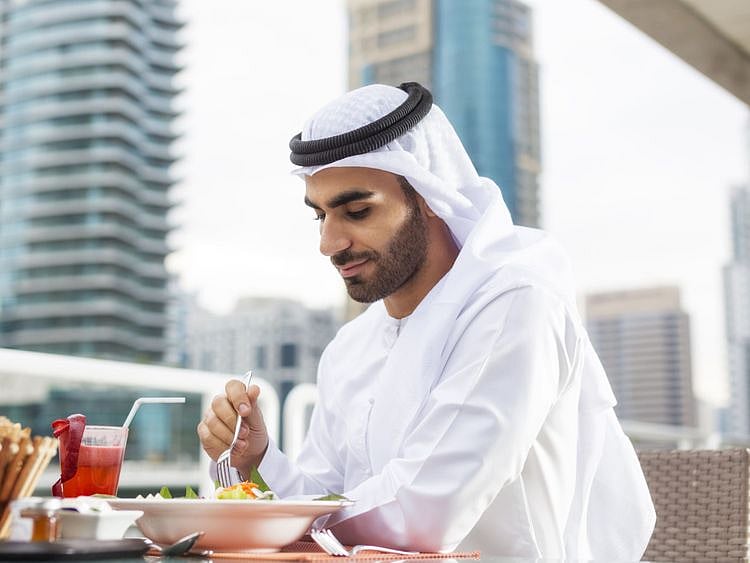You can now calculate your iftar’s carbon footprint
Beef is the worst offender and its not just about how far your food has travelled

Dubai: UAE residents can now quantify the carbon footprint of their iftar meals thanks to an online calculator launched by Dubai Carbon.
Log on to www.TheSustainabilist.ae/Ramadan and type in your food items and how often you have them to see how much your consumption contributes to annual greenhouse gas emission in kilograms of weight.
You will also discover what that weight is in the equivalent distance of driving a petrol car over kilometres, and how many litres of water that is equivalent to by equating it to how many showers you could have had with the same.
“I don’t think it’s quantifiable unless you give fun comparative measures,” said Ivano Iannelli, CEO of Dubai Carbon, who explains that it’s not just the average distance your food has travelled that goes into the algorithm.
“Beef is one of the biggest culprits and it’s not just about the distance it has travelled to your plate but also the amount of methane that animal produces. Every tonne of methane takes 25 years for the globe to metabolise, one tonne of methane equals 25 tonnes of carbon dioxide — other variables are energy spent packaging and manufacturing,” he said.
Instagram posts surrounding the campaign (search thesustainabilistme) say ‘imagine a world without chocolate, coffee or maple syrup’.
“What we are essentially saying is that if overindulge in beef it won’t lead to a beef shortage but you won’t have chocolate, everything is interdependent. Chocolate is grown in limited coastal areas but if you overconsume beef for example it will lead to climate change and rising water levels consuming land available to grow cocoa, coffee or maple syrup,” Iannelli said.
“The good news is we can still save chocolate, it’s not critical today but it will be tomorrow. And Ramadan is a good time to make people aware of this fact as an average of 25 per cent of food during Ramadan goes in the bin. If we can shave a quarter of waste, much like Dewa has persuaded people to keep their air-conditioning on an average of 24 degrees we can at least create an anchor to allow people to improve on their footprint.”
Waleed Bin Salman, chairman of Dubai Carbon, said: “Emissions from food contribute to 13.5 per cent of greenhouse gas emissions worldwide annually. The Food Print calculator will help people become more aware about the types of food that are impacting the sustainability of our planet,” he added.
Iannelli added: “My biggest success would be to start the dialogue and change behavioural patterns. Ramadan is a time for family being together but do we need to overindulge? We could actually create more happiness from scarcity than from abundance and actually help the planet in the process.”
Did you know?
Eating beef twice a week contributes 601kg to the UAE’s carbon emissions annually, which is equivalent to driving 2,468km. Switching from beef to chicken would save 500kg in emissions annually.
It takes land equivalent to three football fields to produce 350kg of beef.
You can drive from Dubai to Abu Dhabi using the amount of energy it takes to make 7kg of cheese.
Growing 365 apples — an apple a day — emits just 12kg of carbon dioxide.
Rice consumption alone contributes to 2.5% of world’s carbon emissions.
25% of food purchased in Ramadan is wasted.
60 per cent of coffee plants are at risk because of climate change.
Sign up for the Daily Briefing
Get the latest news and updates straight to your inbox
Network Links
GN StoreDownload our app
© Al Nisr Publishing LLC 2026. All rights reserved.